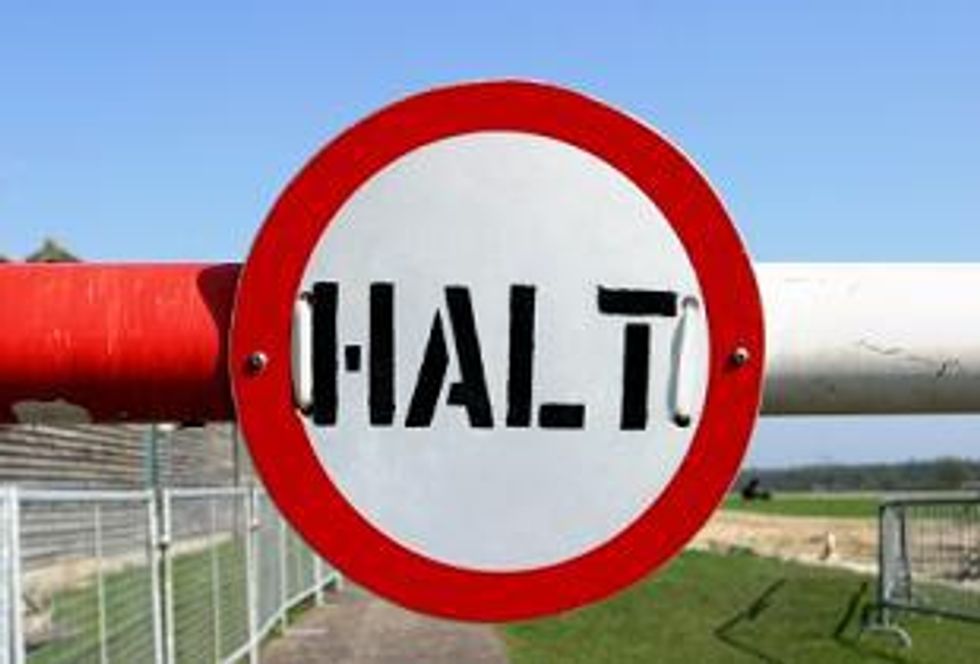Finally: Australian Thermal Coal Production Being Cut
One coal miner has finally cracked and decided to cut production at its Australian mines. Beginning mid-December, Glencore will halt Australian coal production for three weeks.
The move will remove approximately 5 million tonnes of supply from an oversupplied market. The company said in a statement, “[t]his is a considered management decision given the current oversupply situation and reduces the need to push incremental sales into an already weak pricing environment.”
Most Australian coal miners have continued to churn out coal at a loss as due to take-or-pay contracts for rail and port services they would lose even more if they were to stop production. However, the supply glut is weighing on thermal coal, and prices for Aussie coal have fallen by 27 percent so far this year alone. In that light, Glencore’s decision is a welcome change.
Indeed, it seems that the move has already had an impact. Bloomberg reported that European thermal coal prices rose for the first time in three weeks in tandem with Glencore’s announcement, with the benchmark year-ahead contract gaining 0.4 percent on Friday and 1.2 percent for the week. Furthermore, Australian thermal coal prices also saw gains, with coal for delivery in December from the port of Newcastle gaining 30 cents to trade at $63 per tonne by 4:50 p.m. GMT.
Is it enough?
Societe Generale (EPA:GLE) analyst Paolo Coghe told Bloomberg that Glencore’s decision could mean the coal industry has finally “had enough and is ready to take action to cut oversupply.” However, he also cautioned that “[a]n even more heroic effort” will be needed in order to truly bring down oversupply and support prices in the face of weak demand.
“Five million tons is a reasonable amount, though in the context of a one billion ton-a-year seaborne market it’s a drop in the ocean,” he said.
Furthermore, there’s been a big signal that the thermal coal market could see even weaker demand from China in the future: China and the US announced on Wednesday that they have made a significant commitment to cutting carbon emissions. China has agreed to cap its emissions for the first time, and will reduce carbon-emitting energy sources, upping the zero-emissions portion of its energy mix to 20 percent by 2030. For its part, the US will drop carbon emissions down to pre-2005 levels by 2025.
Some say that demand from China is already in the midst of peaking, thus the announcement won’t have much of an affect on the coal industry. Some coal producers are even fairly unconcerned about it — The St. Louis Post-Dispatch notes that Peabody Energy (NYSE:BTU) is hopeful that the announcement will mean greater investment and research for carbon capture projects in China.
In any case, the planned temporary halt of Glencore’s production in Australia is an important development in the coal space. Investors will no doubt be watching to see whether the decision sparks further production pauses in the thermal coal market, and whether supply is eventually reduced enough to support prices.
Securities Disclosure: I, Teresa Matich, hold no investment interest in any companies mentioned.
